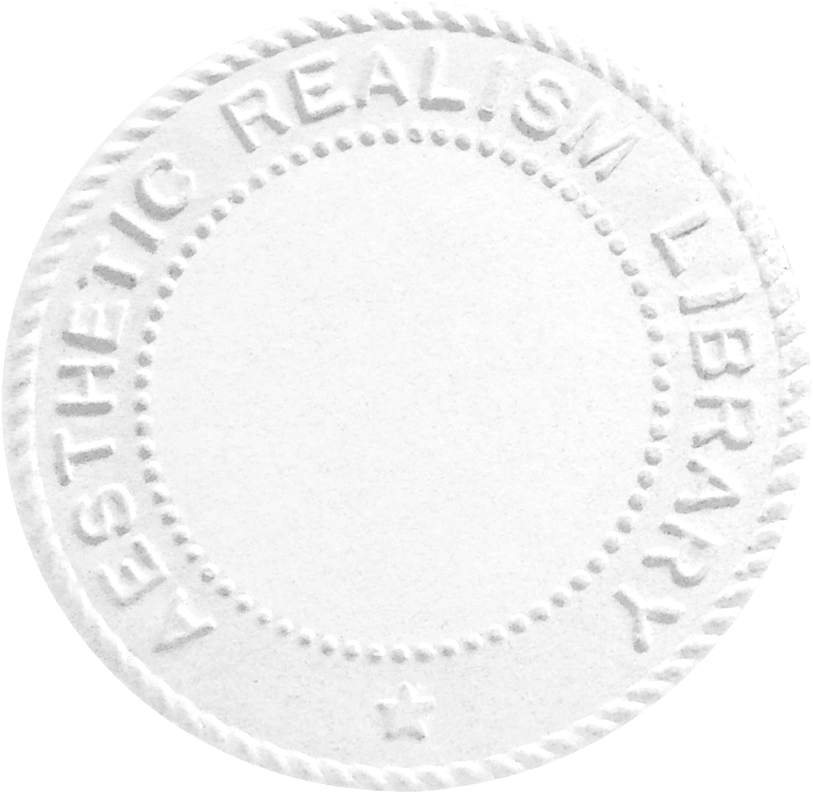Translations by Eli Siegel
The Expiation: I, By Victor Hugo
It snowed. Someone was defeated by his conquering.
For the first time, the eagle lowered its head.
Heavy days! The emperor came back slowly,
Letting Moscow in smoke burn behind him.
It snowed. The sharp winter came upon one, tumblingly.
After that white plain, another white plain.
Unrecognized now, chiefs and banners.
Yesterday la grande armée and now a flock of something.
Wings and centre were no longer told apart.
It snowed. The wounded hid themselves in the bellies
Of dead horses; at the edge of deserted encampments
You might see trumpeters frozen to their post,
Remaining upright, caparisoned and still, white in frost,
Sticking their stony mouths to trumpets of copper.
Bullets, grapeshot, shells, mixed with white flakes,
Fell down; grenadiers, surprised that they were trembling,
Marched in thought, ice at their grey moustaches.
It snowed. It snowed always! The cold wind
Whistled. A surface of frozen rain, in some dim place—
Men walked on this with bare feet and without food.
These were no longer living hearts, folk of war.
It was a dream wandering in cold haze, a mystery,
A procession of shades under a black sky.
The vast loneliness, fearful to look at,
Everywhere appeared: a mute avenger.
The sky made noiselessly of the thick snow
An immense shroud for this army;
And everyone, feeling death was present, was alone.
—Will one ever get from out this deadly empire?
Two enemies! The czar, the north. The north is worse.
Men discarded cannon to burn the gun-carriages.
Who lay down, died. A group sad and confused:
They fled: the desert devoured the line.
You were able through folds which the snow raised
To see that regiments had gone to sleep there.
O defeats of Hannibal! tomorrows of Attila!
Runaways, wounded, dying, caissons, handcarts, litters,
These crowded at bridges in order to cross rivers.
Ten thousand went to sleep, a hundred waked.
Ney, whom an army followed a while ago, now
Got away, fighting for his watch with three Cossacks.
Every night: Qui-vive! Watch! Assaults! Attacks!
—These phantoms take their guns, and on them
They see rush, frightening, darksome—
With cries like the voices of bald vultures—
Horrible squadrons, whirls of fierce men.
A whole army in this way lost itself in the night.
The emperor was there, upright, looking.
He was like a tree given over to the ax.
On this giant, grandeur spared until then,
Unhappiness, sinister woodman, had mounted;
And he, living oak, insulted by the hatchet,
Trembling under a spectre of dreary retaliations,
Watched his branches fall about him.
Leaders, soldiers, all died. Each had his turn.
While surrounding his tent lovingly,
Some saw his shadow go and come on the cloth surface:
(These were they who remained, and, believing always in his star,
Accused destiny of a deep insult to greatness).
He felt suddenly his very being frightened.
Stupefied by disaster, and not knowing what to believe,
The emperor looked towards God; the man of glory
Trembled; Napoleon saw that he was expiating
Something, perhaps; and, leaden-colored, disquieted,
Before his legions strewn on the snow:
Is it my punishment, he says, God of armies?
Then he hears himself called by name
And someone speaking to him in the shadows, says: No.
From Hail, American Development (Definition Press)
© 1968 by Eli Siegel



Eli Siegel’s note to the poem:
The Expiation: I; By Victor Hugo. 1966. The humility of Napoleon as he retreats from Russia in 1812 is told of by Hugo with the accompaniment of cold terror, variously. What Napoleon liked least — confusion — is now his lavishly. Hugo was, it is said, excessively ready to hail Dieu, Temps, Mort, Espace, Moi, but here he is detailed enough. He is like Balzac with a rhythm not Balzac’s. Dream and the separate articles of war are in the poem. Atonement and uncertain men in snow are in the poem. Loneliness accompanies a big thing in history. An army is lost. Napoleon is insulted; but he is dignified in his unexpected humility. It is not, though, the final punishment. That, as Hugo sees it, is the being followed by a relative of his, Napoleon III, as ruler of France. What Napoleon did not see is the largest tribulation and lessening. The way Hugo describes and evaluates makes you inclined to believe him. It is not, with all the terror, cold, death, retreat, the one Expiation of all.